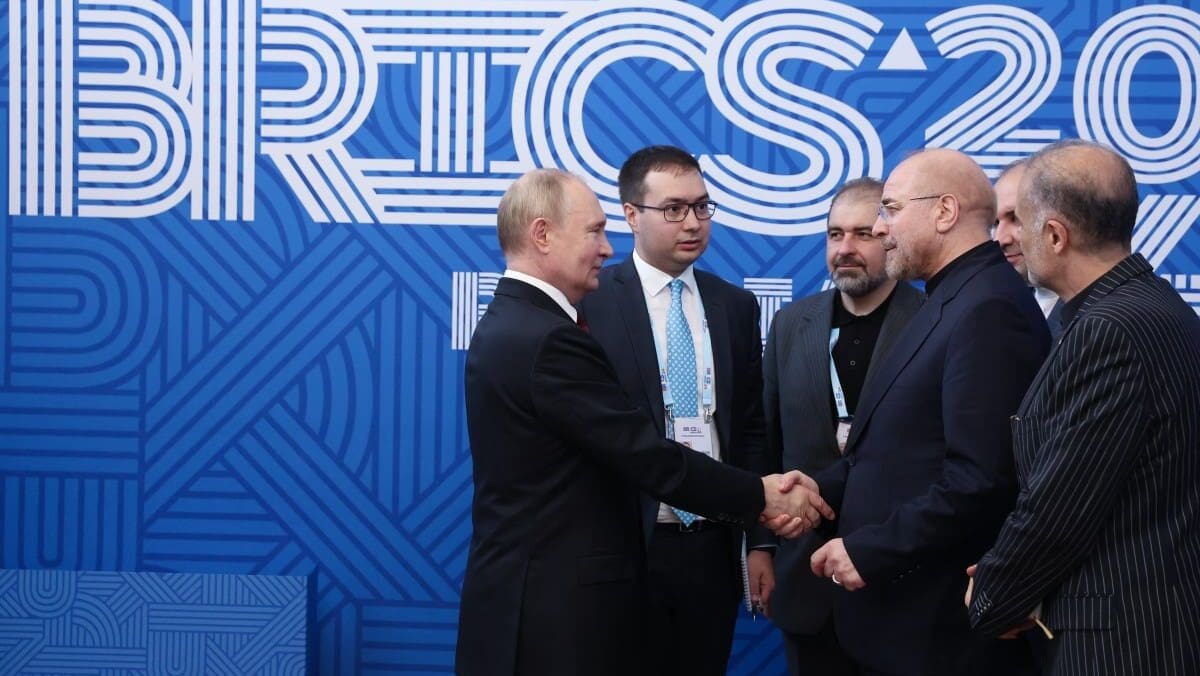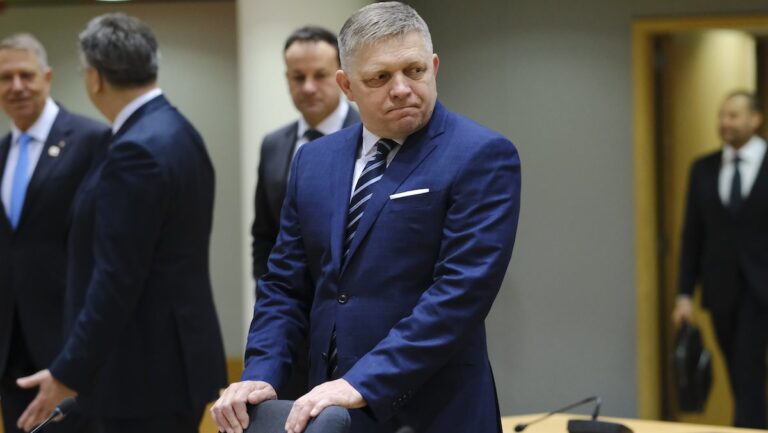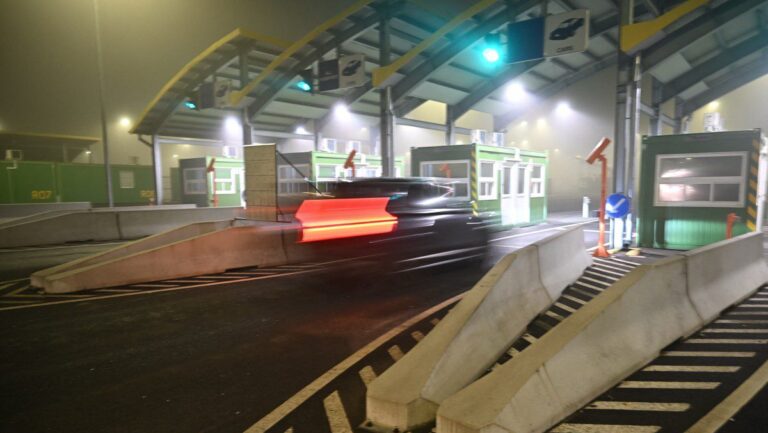The BRICS group of nations is continuing its development into a geopolitical world power. On Thursday, the bloc announced its plans to create its own parliament to oversee the alliance and its initiatives.
BRICS, originally founded in 2006 as a group for investment strategies for emerging nations by Brazil, Russia, India, and China, has since expanded and now includes South Africa and—since January 2024—Iran, Egypt, Ethiopia, and the United Arab Emirates. An additional 40 nations have expressed interest in becoming members, including Serbia and Turkey. Over 20 countries have formally applied for membership.
At a BRICS meeting in St. Petersburg on Thursday, Russian President Vladimir Putin said, “Thus far, BRICS does not have its own institutionalized parliamentary structure. But I believe that in the future this idea will definitely be realized.” He said formalizing a parliament would help the bloc “achieve the maximum implementation of the economic, investment, technological, and human potential of our countries, and strengthen the constructive influence of BRICS on global processes”—while making the world “safer and more harmonious.”
JUST IN: 🇷🇺 Russian President Putin announces BRICS will form its own parliament.
— BRICS News (@BRICSinfo) July 11, 2024
"BRICS doesn't have [an] institutionalized parliamentary structure yet, but I believe that this idea will definitely be implemented in the future in the future." pic.twitter.com/dHWSALBaWN
The BRICS bloc is in the process of creating its own payment system, an alternative—and a challenge—to trading in U.S. dollars. Iran told Russian state media that it has completed connecting national payment systems with Russia and its central bank, and will “extend this mechanism” to other BRICS nations. On Wednesday, India announced plans to integrate its RuPay with the same Russian payment system.
The motivation for BRICS’ de-dollarization efforts, The European Conservative’s economic expert said last year, is “a combination of economic growth and a desire to shield one’s own country from the wrath of dollar-attached sanctions, should one’s domestic policies happen to displease the American government.”






